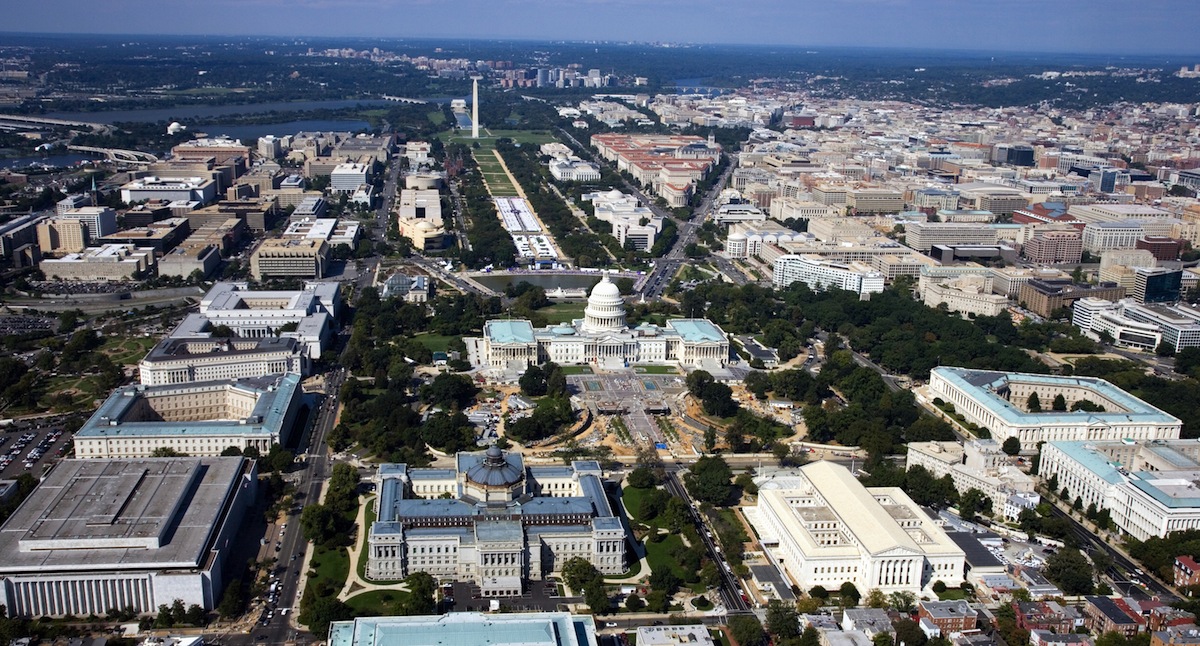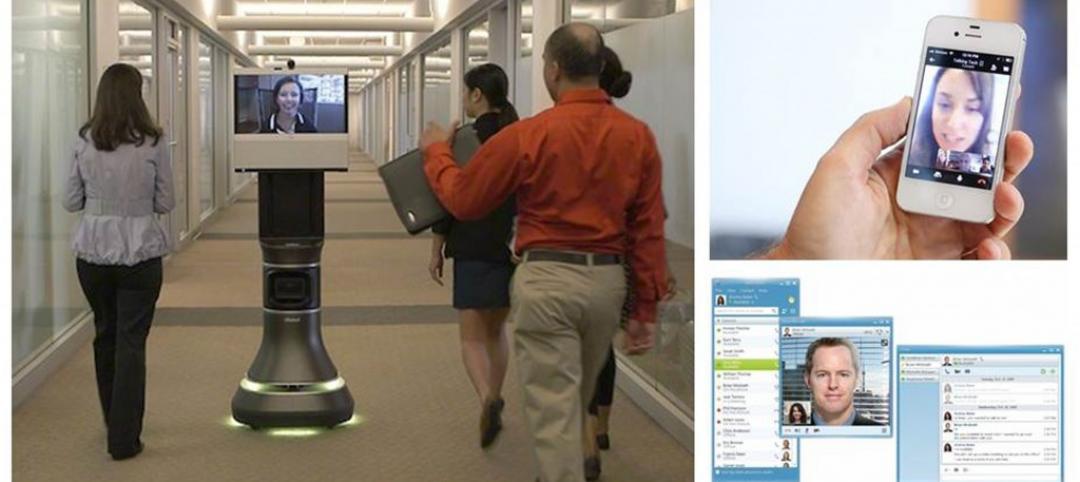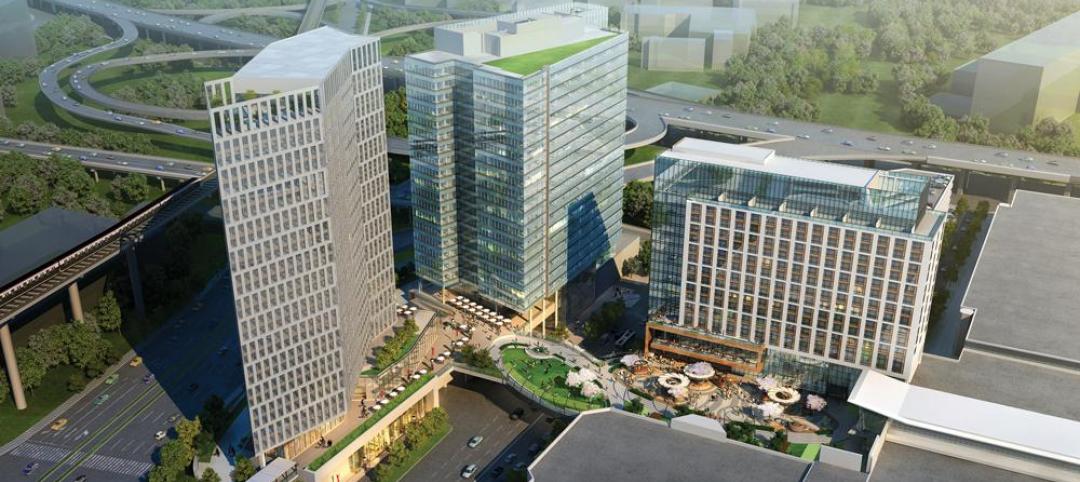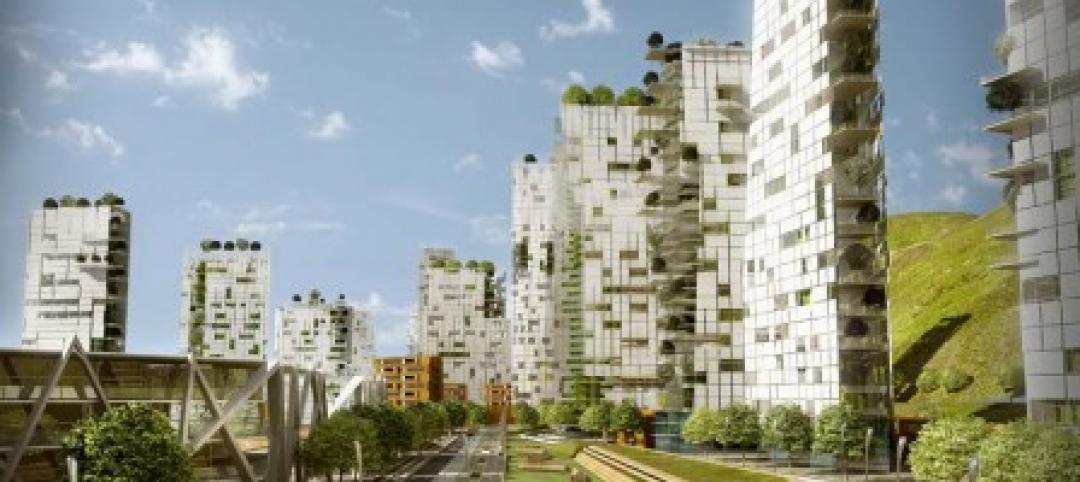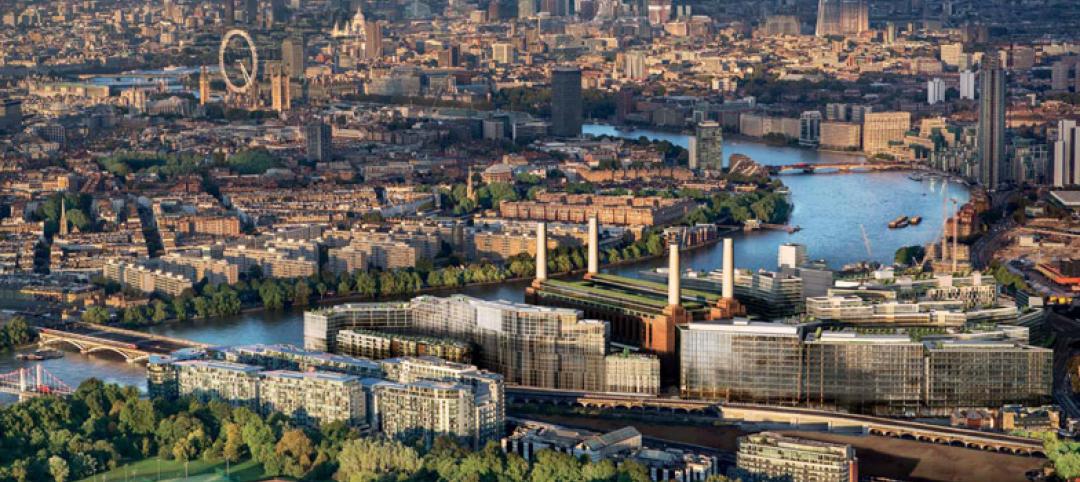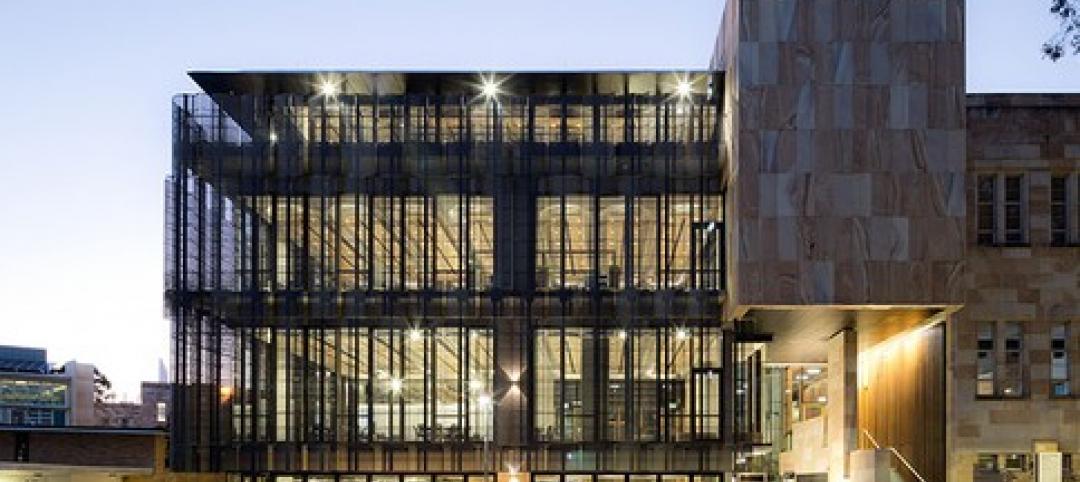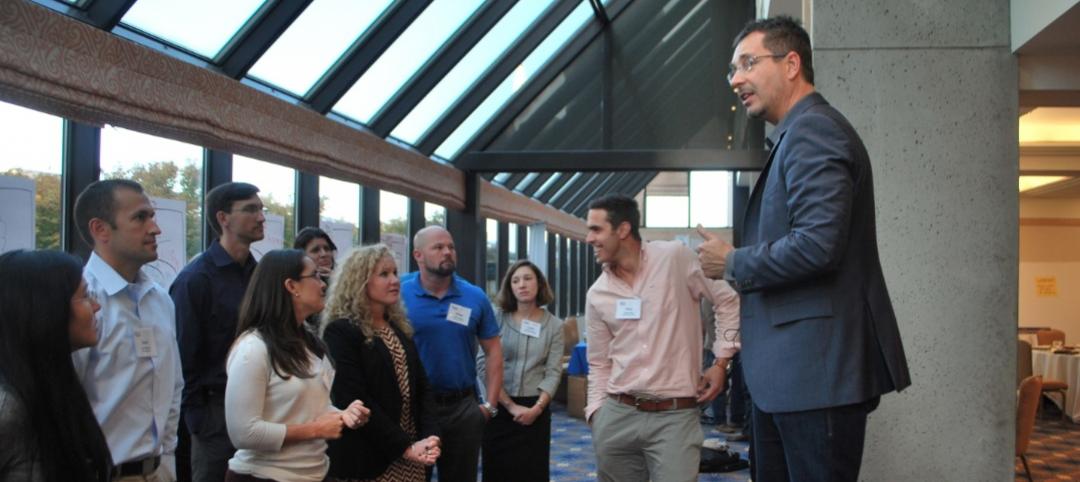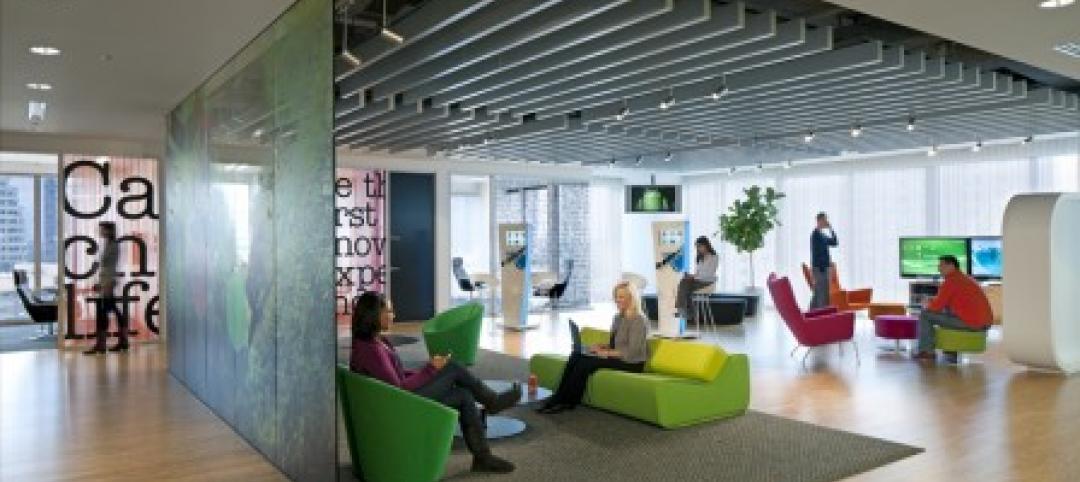There are 71.5 million sf of vacant office space in the Washington D.C. region. The national real estate brokerage Marcus and Millichap expects one-fifth of metro D.C.’s total office space to be empty by the end of this year. And another 1 million sq of office space could come onto this market over the next several years as businesses vacate older buildings once their leases expire.
The D.C. suburbs are fast becoming the latest American ghost towns, according to the Washington Post, as work styles have changed, preferences have shifted toward walkable commutes, and government—the area’s biggest employer—has shrunk.
The corporate campus is far from dead—just ask Google, Facebook, and other Silicon Valley companies that are building massive new headquarters and reinventing this concept to be transit-oriented and Millennial-friendly.
The D.C. suburbs are fast becoming the latest American ghost towns, as work styles have changed, preferences have shifted toward walkable commutes, and government—the area’s biggest employer—has shrunk.
The U.S. Bureau of the Census’ latest estimate for the value of private office construction put in place was up, year-to-year, 24.6% in May to $55.4 billion. Spending on public office construction in May rose 26.9% to $46.6 billion.
But in certain states, there have been mass evacuations of office spaces. In New Jersey, pharmaceutical firms that once operated sprawling suburban campuses have left millions of square feet of office space, warehouses, and labs deserted.
Empty office buildings have been a fact of life in D.C. and its suburbs for a while. By mid-2014, 11 Montgomery County, Md., office buildings totaling 2.25 million sf stood almost or totally vacant, and another nine, totaling 1.4 million sf, were “almost totally available”.
A portion of vacancies is attributable to federal government cutbacks. The Post reports that government agencies have been evacuating office and warehouse spaces in droves. They vacated 7,315 buildings with 47 million sf of office space in 2014 alone, reports Federal News Radio.
Still, office construction continues in D.C., and some developers and AEC firms view this market’s office space surfeit as an opportunity, although most of the recent activity is occurring within the city’s limits.
Skanska disclosed last week that it is investing $116 million in a new office building in D.C. The giant contractor will develop and build a new 11-story, Class-A office building with ground floor retail and four below-grade parking levels in Washington’s Capitol Riverfront submarket. The total leasable space will be about 22,000 sm (237,000 sf). Construction is scheduled to begin later this summer.
Tishman Speyer recently paid $30.5 million to acquire 2020 M Street N.W., the longtime D.C. bureau of CBS News, which it will redevelop into a modern office, newsroom and studio space for the media giant.
On July 21, Carr Properties, a local owner/operator/developer, acquired Columbia Center, a 393,815-sf, 12-story Class A office building in Washington D.C., for an undisclosed amount. In May, the Post reported that Carr Properties had raised $300 million from Alony Htez Properties and Investments, one of Israel’s largest real estate investment companies, to invest in local office buildings and development projects.
Related Stories
| Oct 30, 2013
15 stellar historic preservation, adaptive reuse, and renovation projects
The winners of the 2013 Reconstruction Awards showcase the best work of distinguished Building Teams, encompassing historic preservation, adaptive reuse, and renovations and additions.
| Oct 30, 2013
Why are companies forcing people back to the office?
For a while now companies have been advised that flexibility is a key component to a successful workplace strategy, with remote working being a big consideration. But some argue that we’ve moved the needle too far toward a “work anywhere” culture.
| Oct 30, 2013
11 hot BIM/VDC topics for 2013
If you like to geek out on building information modeling and virtual design and construction, you should enjoy this overview of the top BIM/VDC topics.
| Oct 28, 2013
Urban growth doesn’t have to destroy nature—it can work with it
Our collective desire to live in cities has never been stronger. According to the World Health Organization, 60% of the world’s population will live in a city by 2030. As urban populations swell, what people demand from their cities is evolving.
| Oct 23, 2013
Gehry, Foster join Battersea Power Station redevelopment
Norman Foster and Frank Gehry have been selected to design a retail section within the £8 billion redevelopment of Battersea Power Station in London.
| Oct 21, 2013
University of Queensland’s net-zero building features biomimicry-based design
University of Queensland’s Global Change Institute (GCI) building in Australia showcases on-site solar energy sources, biomimicry-based design features, and the first structural use of low-carbon concrete in the country.
| Oct 18, 2013
Meet the winners of BD+C's $5,000 Vision U40 Competition
Fifteen teams competed last week in the first annual Vision U40 Competition at BD+C's Under 40 Leadership Summit in San Francisco. Here are the five winning teams, including the $3,000 grand prize honorees.
| Oct 18, 2013
Researchers discover tension-fusing properties of metal
When a group of MIT researchers recently discovered that stress can cause metal alloy to fuse rather than break apart, they assumed it must be a mistake. It wasn't. The surprising finding could lead to self-healing materials that repair early damage before it has a chance to spread.
| Oct 18, 2013
Sustainability expert: Smart building technology can have quick payback
Smart building technology investments typically pay for themselves within one or two years by delivering energy savings and maintenance efficiencies.
| Oct 14, 2013
How to leverage workplaces to attract and retain top talent
Just about every conversation I have related to employee attraction and retention tends to turn into an HR sounding discussion about office protocols, incentives, and perks. But as a workplace strategist, I need to help my clients make more tangible links between their physical workplace and how it can be leveraged to attract and retain top talent. Here are some ideas.


